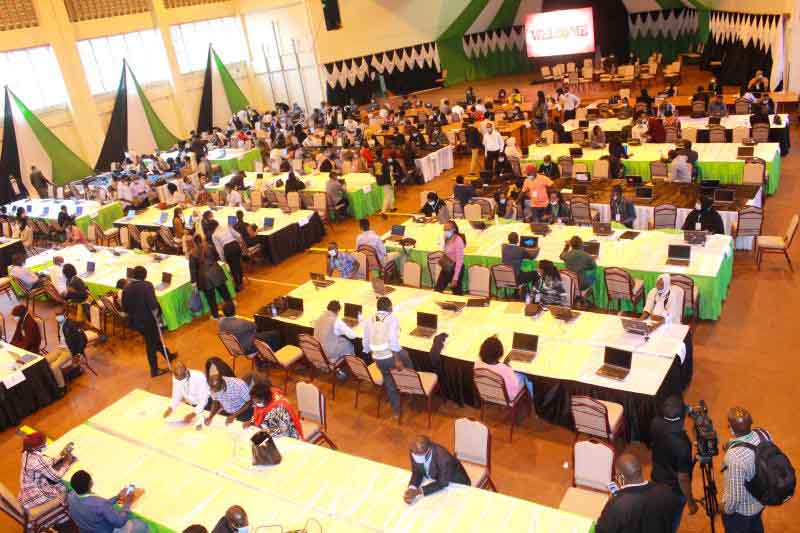×
The Standard e-Paper
Stay Informed, Even Offline

Despite many lapses in our electoral process, Kenyans have a reason to be proud that the country has always observed elections at regular intervals since independence. This is an important indicator of the democratic structure of our constitution.
This underscores the critical role of the Independent Electoral and Boundaries Commission (IEBC) as an autonomous institution in protecting the practice of democracy during the election of our country’s political leadership.